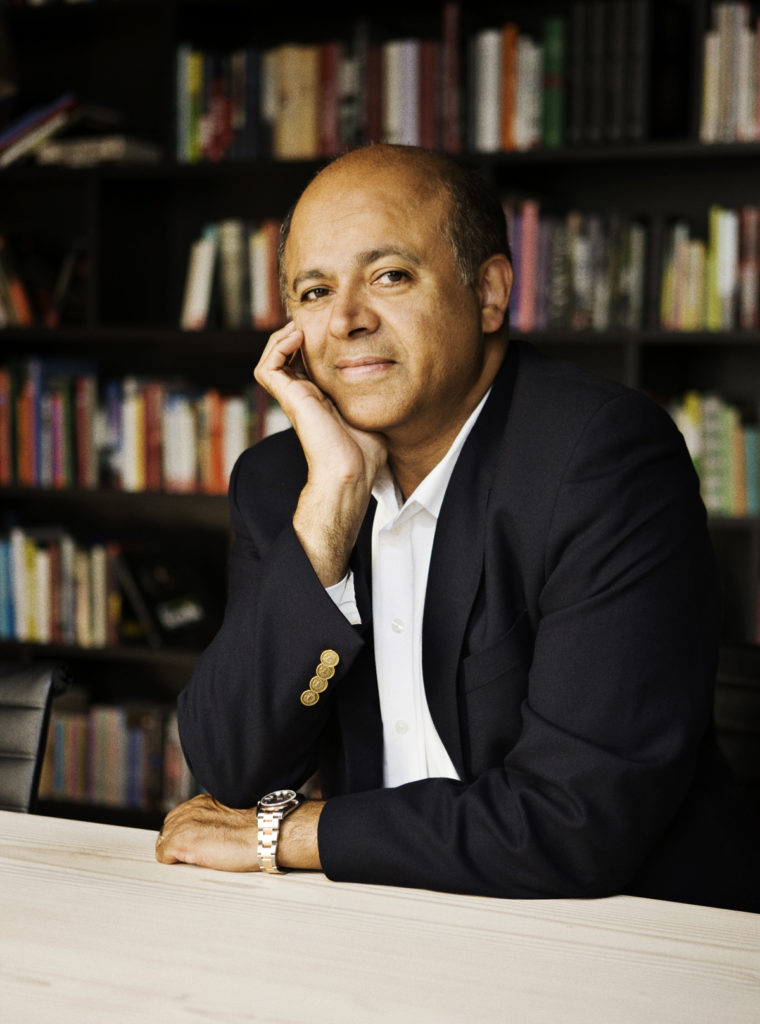Verghese opens his lecture with the quote “Geography is destiny,” and goes on to discuss growing up in Ethiopia and his journey to becoming a physician and a writer. He says that his “real call to medicine” came through a book—he had a profound epiphany while reading Of Human Bondage by Somerset Maugham—and has since then realized the power of books to change the course of a person’s life. He discusses his journey into medicine, which also informed his development as a writer—specifically during the early days of caring for AIDS patients who were returning to their hometowns at the end of their lives. He wrote a paper in response to this experience, stating “I felt that the cold language of science didn’t begin to capture the tragic nature of this voyage, didn’t begin to capture the heartache of the families, didn’t begin to capture my own grief at witnessing this again and again.” He compares the bedside medical exam to a ritual, calling it an important practice “worthy of our best efforts” that shouldn’t be eclipsed by technology.
“I was also discovering the beautiful thing about books; that is, those quiet, inner moments of awakening are far, far more profound than outward declarations of intent.”
There are few who combine a career as physician, teacher, and author as well as Abraham Verghese, whose name is a frequent byline in newspapers, magazines, and other media forums across the world, including National Public Radio, the New England Journal of Medicine, the New York Times, The Guardian, and The Times of India.
His work as a physician informs his writing, and the reflection that comes through his writing helps him empathize with his patients—to see them individually, as human beings who are suffering, fearful and in need not just of treatment, but of comfort and reassurance. Imagining his patients’ experience has driven his work throughout his medical career. His emphasis on empathy and healing is the focus of his talks, nationally and internationally, and he stresses the importance of the patient-physician relationship in an era when advances in medical technology often tend to de-personalize patient care.
“When you write fiction, you can make up, you can go into the grave and come back, you can do anything you want, you can have a dead person tell the story. But, you have to work twenty times harder on page one to suck the reader in and make them forget that this is a made-up story, make them forget everything about their life, make them enter your world and live through three generations and finally get done and realize it’s still Tuesday. That’s how hard you have to work.”



